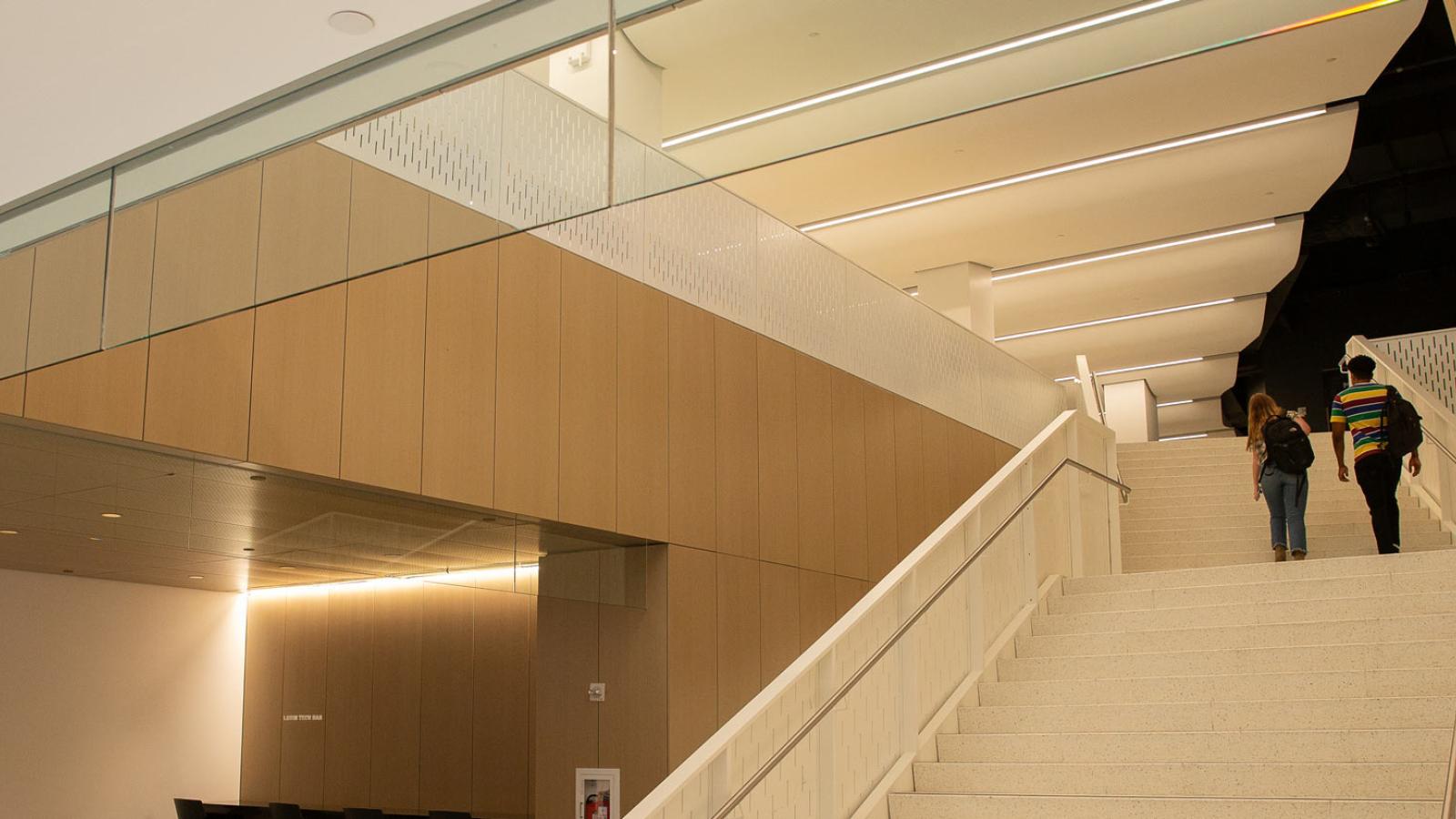
Higher Education Opportunity Act Peer-to-Peer File Sharing Requirements
Introduction
H.R 4137, the Higher Education Opportunity Act (HEOA), is a reauthorization of the Higher Education Act. It includes provisions that are designed to reduce the illegal uploading and downloading of copyrighted works through peer-to-peer (P2P) file sharing. These provisions include requirements that:
- Institutions make an annual disclosure that informs students that the illegal distribution of copyrighted materials may subject them to criminal and civil penalties and describes the steps that institutions will take to detect and punish illegal distribution of copyrighted materials.
- Institutions certify to the Secretary of Education that they have developed plans to “effectively combat” the unauthorized distribution of copyrighted material.
- Institutions, “to the extent practicable,” offer alternatives to illegal file sharing.
- Institutions identify procedures for periodically reviewing the effectiveness of the plans to combat the unauthorized distribution of copyrighted materials.
- This document outlines Pace University’s plan to comply with these requirements.
Annual Disclosure
Consistent with our educational principles, we view education as the most important element in combating illegal sharing of copyrighted materials at Pace University. We use a wide variety of methods to inform our community about the law and Pace University’s response to copyright infringement claims:
- In order to use university computing resources, all members of the Pace University Community agree to the provisions of the Appropriate Use Policy that includes a section on copyright compliance.
- Posters are mounted in student computer labs and elsewhere to discourage illegal file sharing.
- Every fall we send an email to all students regarding illegal distribution of copyrighted materials.
- Computing support staff, including student Help Desk workers, are trained on the university’s position with respect to copyright issues. Student workers provide an important channel for communicating with the student community.
- Pace University policies and procedures concerning the Digital Millennium Copyright Act and our response to infringement claims are published on our web site.
Plans To “Effectively Combat” The Unauthorized Distribution of Copyrighted Material
Pace University implements technical solutions to combat peer to peer (P2P) file sharing on campus. We employ an appliance that classifies and identifies P2P traffic and attempts to block it. The technical solution severely limits the ability of P2P networks to function on campus. Furthermore, by default, all inbound ports to client computers on campus are blocked at the Internet firewall. This prevents computers from acting as servers or super nodes in peer to peer networks.
Offering Alternatives to Illegal File Sharing
The Pace University web site provides links to sites that provide numerous options for obtaining music, videos, and other digital content in a legal manner. Members of the Pace University community are encouraged to take advantage of these legitimate sources of digital content. The relevant page on the ITS web site is at: Safe Computing.
Reviewing Effectiveness
Beginning in 2012–2013 and periodically thereafter, we will review this plan for effectiveness and relevance. We use insights from personal conversations with students, frequency of recidivism, and external factors (e.g., developments in P2P software, networking technology, trends in P2P, network traffic analysis, etc).